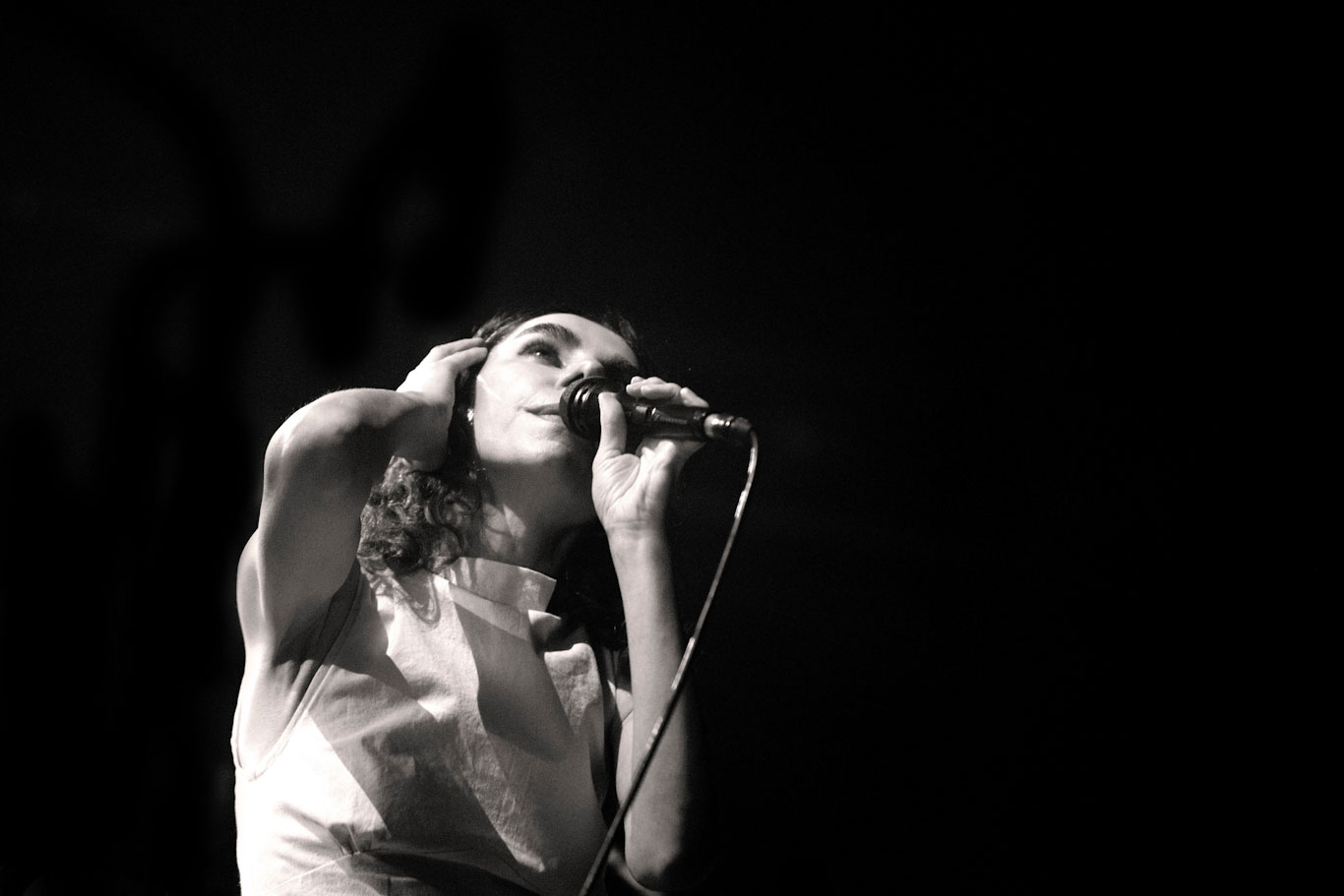
In 1991, Polly Jean Harvey formed PJ Harvey as a three-piece with Rob Ellis and Ian Oliver. Based on their first performance at a skittle alley in Charmouth Village Hall in 1991, when they cleared the hall after the first song, it seems a miracle that Polly Jean’s solo project since 1995 now has a legacy that exceeds three decades. Now, at the first of two sold-out Camden Roundhouse gigs, the packed audience draws to Polly Jean Harvey and her four supporting musicians like moths to a flame. Nothing, not even water cannons or firebombs, would disperse the crowd.
The first 12 songs saw PJ Harvey play her latest LP release, Inside the Old Year Dying, chronologically. The opener, “Prayer at the Gate,” saw Harvey glide with dexterity and grace. One could hear a pin drop when this folk-inspired song was being played. The packed and stoic Roundhouse released built-up ecstatic and elated cheering upon completion. The songs from Inside the Old Year Dying demonstrated a harmonious marriage of artificial and natural sounds. “Lonesome Tonight” opened with beautiful recordings of birds in their natural habitat, whilst “August” opened with rainforest recordings. “Autumn Term” saw Gibb-style harmonies, whilst “A Child’s Question, July” captivated with distressed violin sounds.
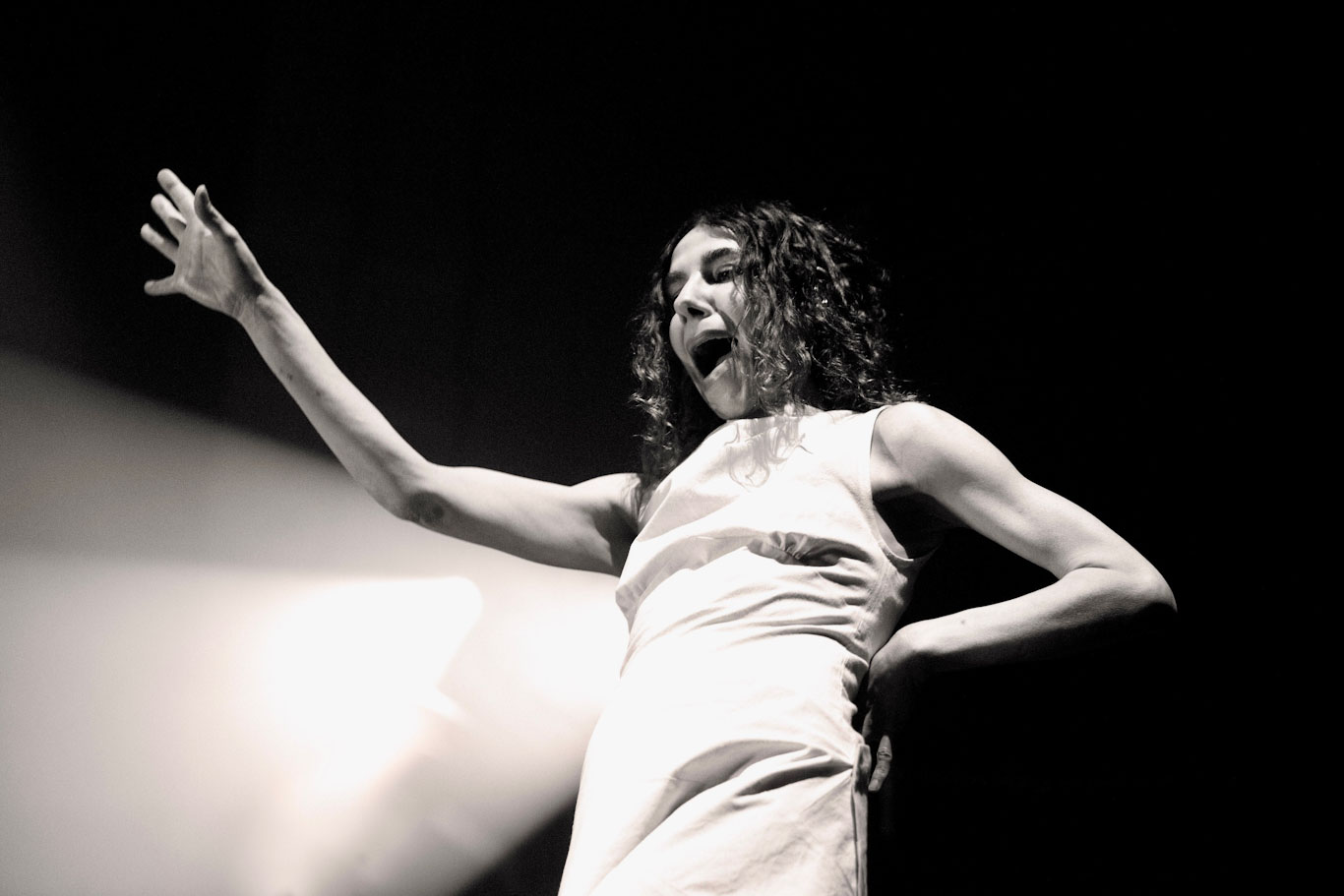
The rest of the set would see the five-piece live play 13 songs from all of PJ Harvey’s albums except for The Hope Six Demolition Project and Stories from the City, Stories from the Sea. The non-appearance of songs from the latter was surprising since this LP won the band’s first Mercury Prize in 2001. Nonetheless, Polly Jean had already demonstrated her muse status by playing her latest LP back to back, something many acclaimed acts would be scorned for, assuming they would have the courage to do so initially.
The most notable difference between the new songs and tracks from PJ Harvey’s back catalogue is Polly’s vocal delivery. The more recent songs have more falsetto, are delicate and are pitched in a way that is trying to harmonise with and bless the natural world. The classics have a rawer, more aggressive and, at times, angrier delivery. Nonetheless, all are sincere and embrace the statuesque audience. The audience only moved from their still stone state during the partial melodies of “Man Size”.
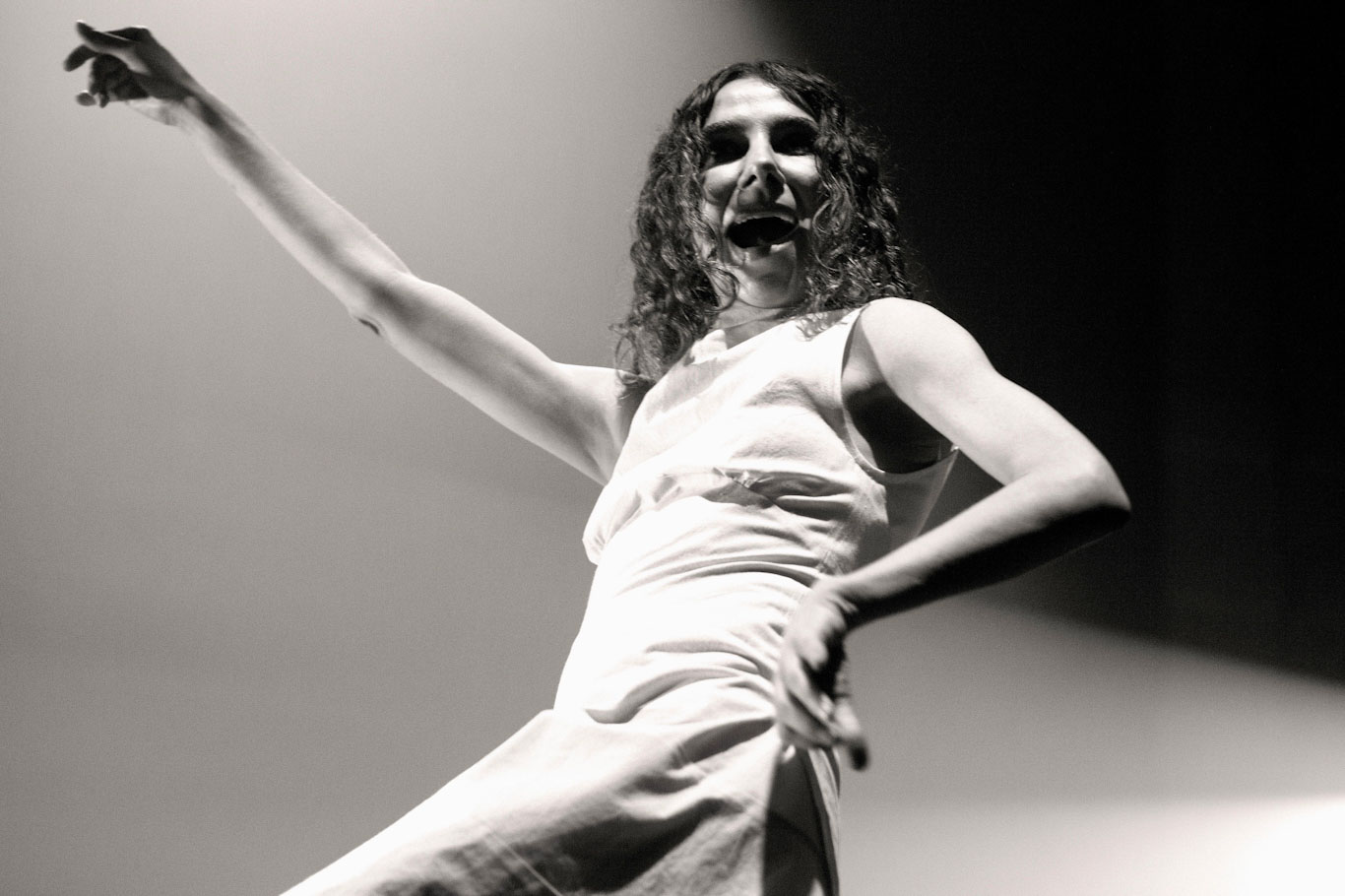
The penultimate “C’mon Billy” deftly introduced the harmonica as Harvey sang about love, motherhood and carrying an unborn child. “Down by the Water” was not simply profound with its lyrics, which call upon Jesus for aid, but with how this song transcended simply through the power of the simple woodblock and a beater.
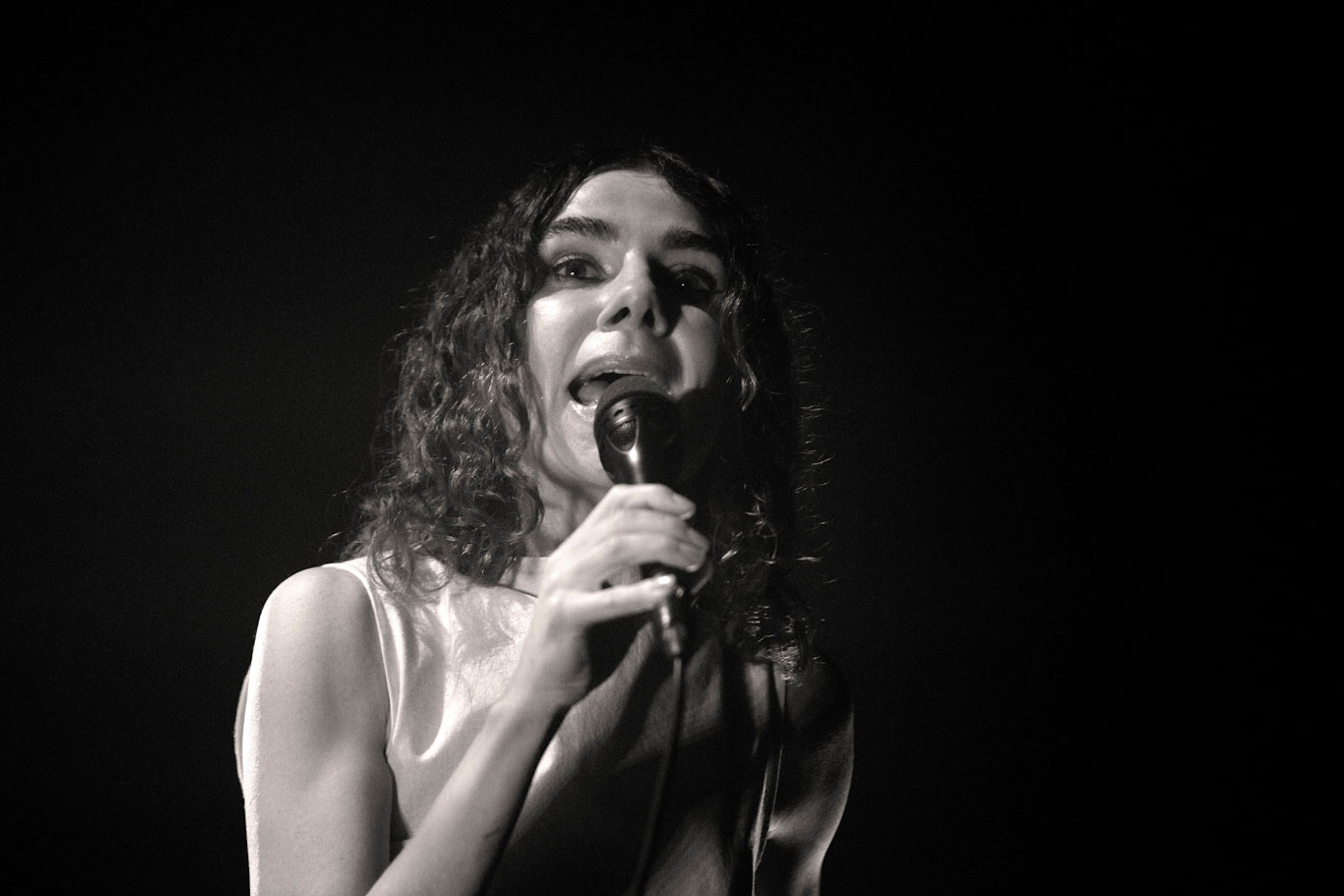
PJ Harvey shone as a modern-day icon through a combination of graceful simplicity and sincerity through Polly Jean’s appearance with an elegant white dress alongside lyrics and cacophonies, which avoided over-production and verbosity. Fans were reminded of her past genius and how her spirit has evolved with Inside the Old Year Dying. PJ Harvey didn’t need to rely on “Good Fortune”, just her talent, sincerity and ability to connect with the audience.
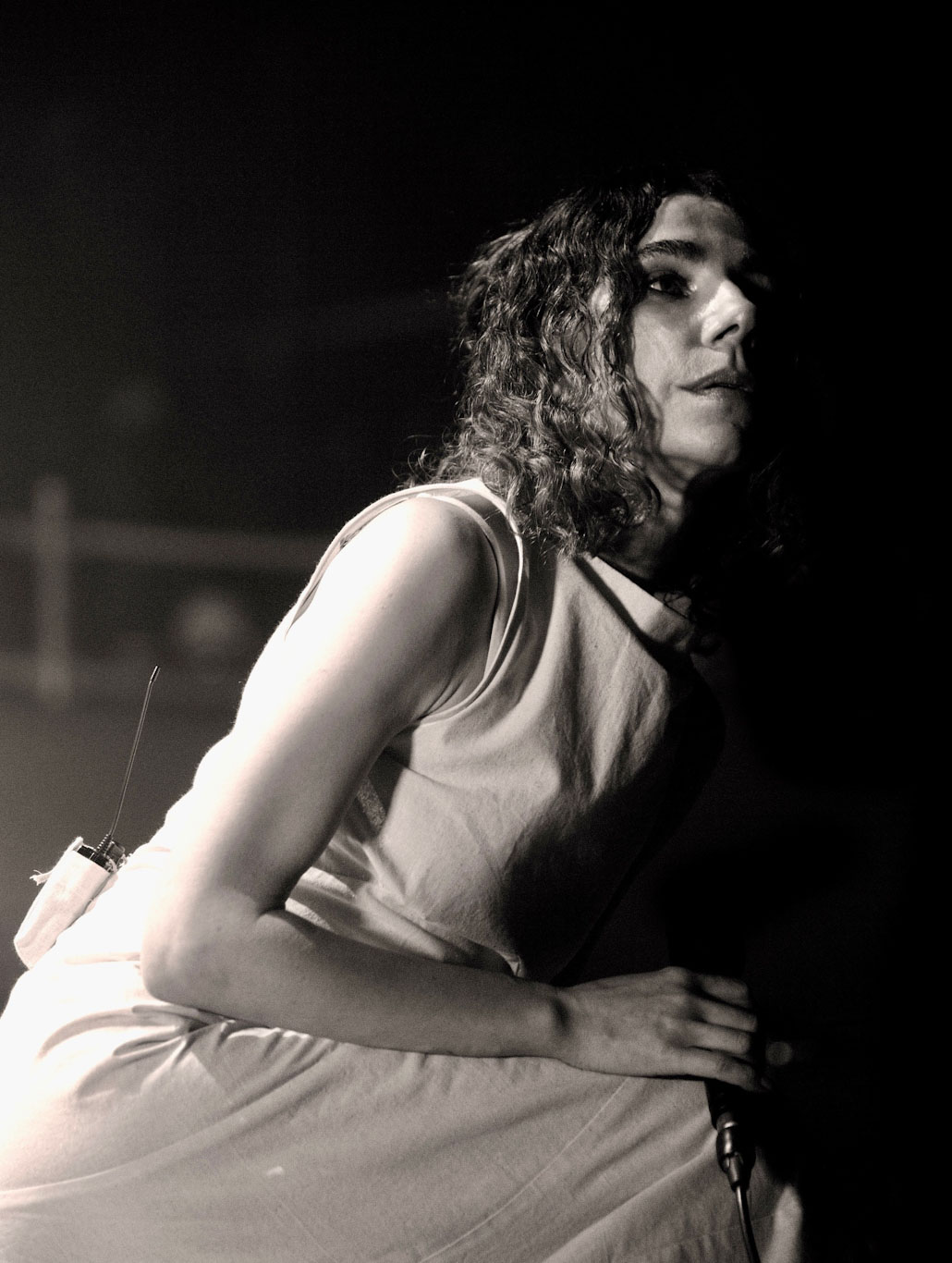
PJ Harvey at Camden Roundhouse Setlist
Part 1: Inside The Old Year Dying
Prayer at the Gate
Autumn Term
Lwonesome Tonight
Seem an I
The Nether‐edge
I Inside the Old Year Dying
All Souls
A Child’s Question, August
I Inside the Old I Dying
August
A Child’s Question, July
A Noiseless Noise
Interlude
The Colour of the Earth
Part 2
The Glorious Land
The Words That Maketh Murder
Angelene
Send His Love to Me
The Garden
The Desperate Kingdom of Love
Man-Size
Dress
Down by the Water
To Bring You My Love
Encore:
C’mon Billy
White Chalk

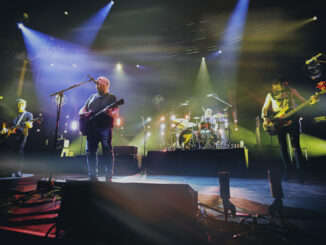
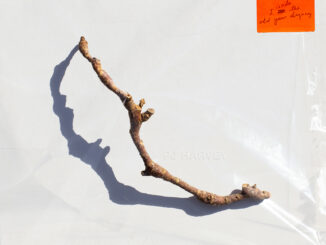
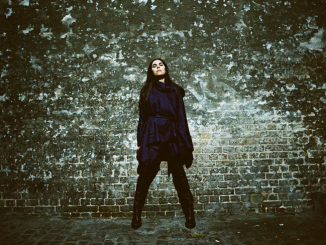

Be the first to comment